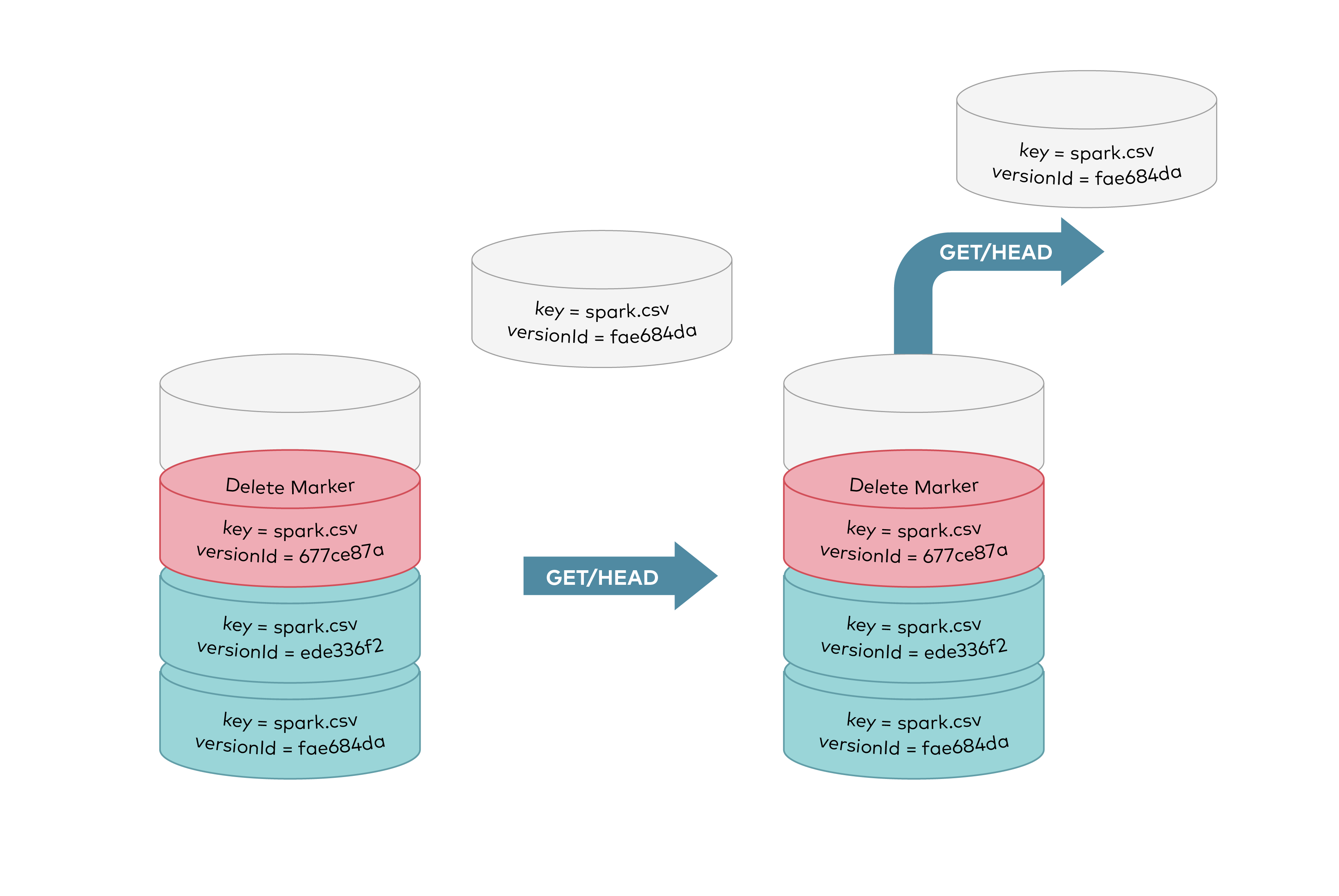- Sort Score
- Result 10 results
- Languages All
Results 121 - 130 of 1,009 for Need (0.02 sec)
-
android/guava/pom.xml
<includes> <include>module-info.java</include> </includes> <!-- JPMS needs access to the module sources to complete a modular Java build. We also need to override the base compile settings (in the root `pom.xml`) to enable MRJAR output. --> <compilerArgs combine.self="override"> <arg>-sourcepath</arg>
Registered: Fri Dec 26 12:43:10 UTC 2025 - Last Modified: Mon Nov 17 21:36:50 UTC 2025 - 9.8K bytes - Viewed (0) -
docs/en/docs/advanced/wsgi.md
For that, you can use the `WSGIMiddleware` and use it to wrap your WSGI application, for example, Flask, Django, etc. ## Using `WSGIMiddleware` { #using-wsgimiddleware } You need to import `WSGIMiddleware`. Then wrap the WSGI (e.g. Flask) app with the middleware. And then mount that under a path. {* ../../docs_src/wsgi/tutorial001_py39.py hl[2:3,3] *} ## Check it { #check-it }Registered: Sun Dec 28 07:19:09 UTC 2025 - Last Modified: Wed Dec 17 20:41:43 UTC 2025 - 1.2K bytes - Viewed (0) -
guava-testlib/src/com/google/common/collect/testing/TestStringSortedSetGenerator.java
/** Sorts the elements by their natural ordering. */ /* * While the current implementation returns `this`, that's not something we mean to guarantee. * Callers of TestContainerGenerator.order need to be prepared for implementations to return a new * collection. */ @SuppressWarnings("CanIgnoreReturnValueSuggester") @Override public List<String> order(List<String> insertionOrder) {
Registered: Fri Dec 26 12:43:10 UTC 2025 - Last Modified: Tue Feb 11 19:03:19 UTC 2025 - 2K bytes - Viewed (0) -
internal/config/compress/legacy.go
) // SetCompressionConfig - One time migration code needed, for migrating from older config to new for Compression. func SetCompressionConfig(s config.Config, cfg Config) { if !cfg.Enabled { // No need to save disabled settings in new config. return } s[config.CompressionSubSys][config.Default] = config.KVS{ config.KV{ Key: config.Enable, Value: config.EnableOn, }, config.KV{
Registered: Sun Dec 28 19:28:13 UTC 2025 - Last Modified: Sat Sep 06 17:37:10 UTC 2025 - 1.9K bytes - Viewed (0) -
android/guava-tests/benchmark/com/google/common/util/concurrent/MonitorBasedPriorityBlockingQueue.java
* any particular order. If you need ordered traversal, consider using {@code * Arrays.sort(pq.toArray())}. Also, method {@code drainTo} can be used to remove some or * all elements in priority order and place them in another collection. * * <p>Operations on this class make no guarantees about the ordering of elements with equalRegistered: Fri Dec 26 12:43:10 UTC 2025 - Last Modified: Tue May 13 18:46:00 UTC 2025 - 18.9K bytes - Viewed (0) -
docs/en/docs/tutorial/response-model.md
* This is particularly important for **security**, we'll see more of that below. ## `response_model` Parameter { #response-model-parameter } There are some cases where you need or want to return some data that is not exactly what the type declares.
Registered: Sun Dec 28 07:19:09 UTC 2025 - Last Modified: Sat Dec 20 15:55:38 UTC 2025 - 15.5K bytes - Viewed (0) -
docs/config/README.md
### Certificate Directory TLS certificates by default are expected to be stored under ``${HOME}/.minio/certs`` directory. You need to place certificates here to enable `HTTPS` based access. Read more about [How to secure access to MinIO server with TLS](https://docs.min.io/community/minio-object-store/operations/network-encryption.html).Registered: Sun Dec 28 19:28:13 UTC 2025 - Last Modified: Tue Aug 12 18:20:36 UTC 2025 - 18.1K bytes - Viewed (1) -
okhttp/src/commonJvmAndroid/kotlin/okhttp3/TrailersSource.kt
* Returns the trailers that follow an HTTP response, blocking if they aren't ready yet. * Implementations of this interface should respond to [Call.cancel] by immediately throwing an * [IOException]. * * Most callers won't need this interface, and should use [Response.trailers] instead. * * This interface is for test and production code that creates [Response] instances without making * an HTTP call to a remote server. */
Registered: Fri Dec 26 11:42:13 UTC 2025 - Last Modified: Mon Jul 07 18:57:05 UTC 2025 - 1.4K bytes - Viewed (0) -
docs/en/docs/deployment/concepts.md
I'll tell you a bit more about these **concepts** here, and that would hopefully give you the **intuition** you would need to decide how to deploy your API in very different environments, possibly even in **future** ones that don't exist yet. By considering these concepts, you will be able to **evaluate and design** the best way to deploy **your own APIs**.
Registered: Sun Dec 28 07:19:09 UTC 2025 - Last Modified: Sun Aug 31 09:15:41 UTC 2025 - 18.6K bytes - Viewed (1) -
docs/bucket/versioning/README.md

Registered: Sun Dec 28 19:28:13 UTC 2025 - Last Modified: Tue Aug 12 18:20:36 UTC 2025 - 12K bytes - Viewed (0)